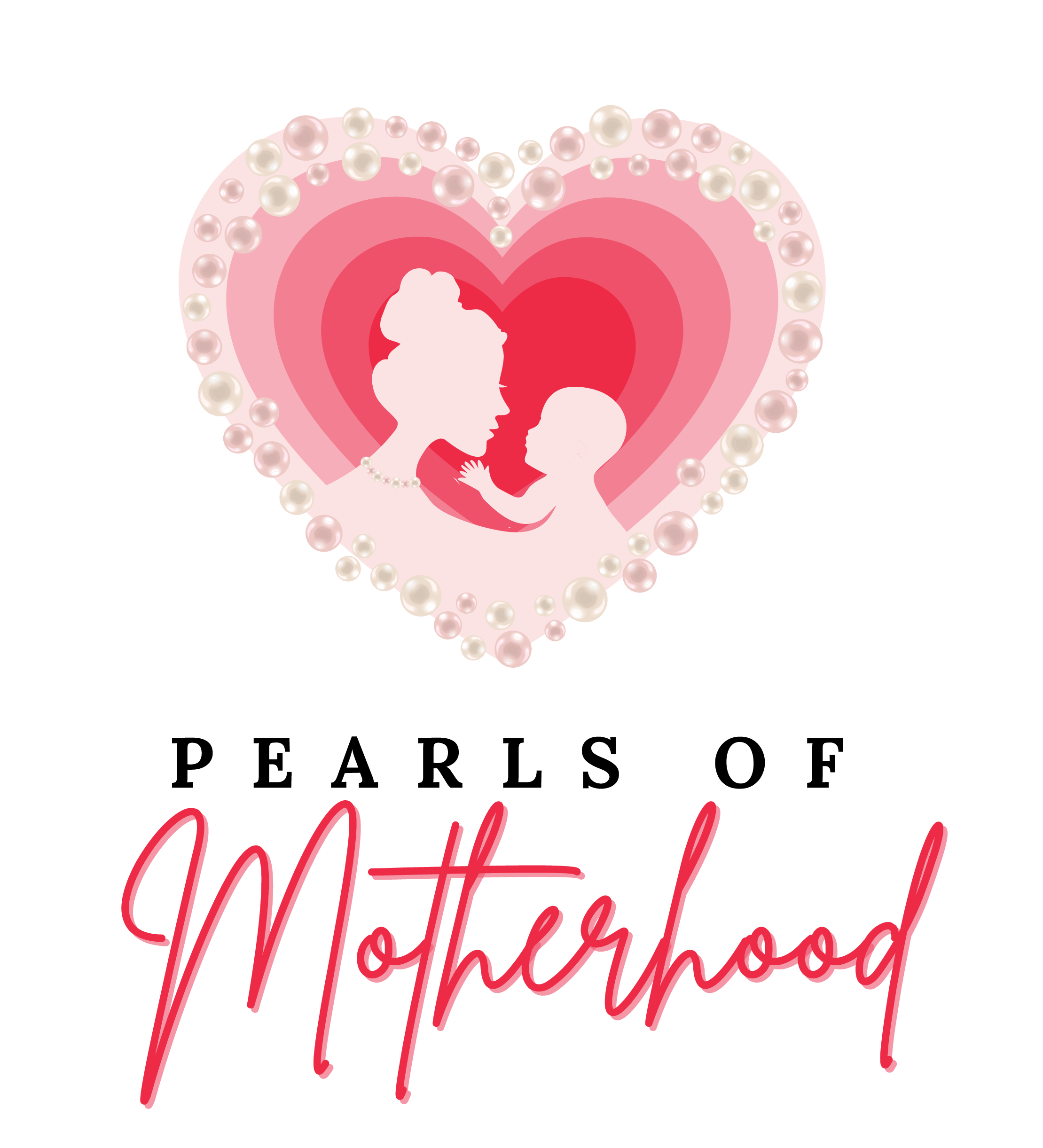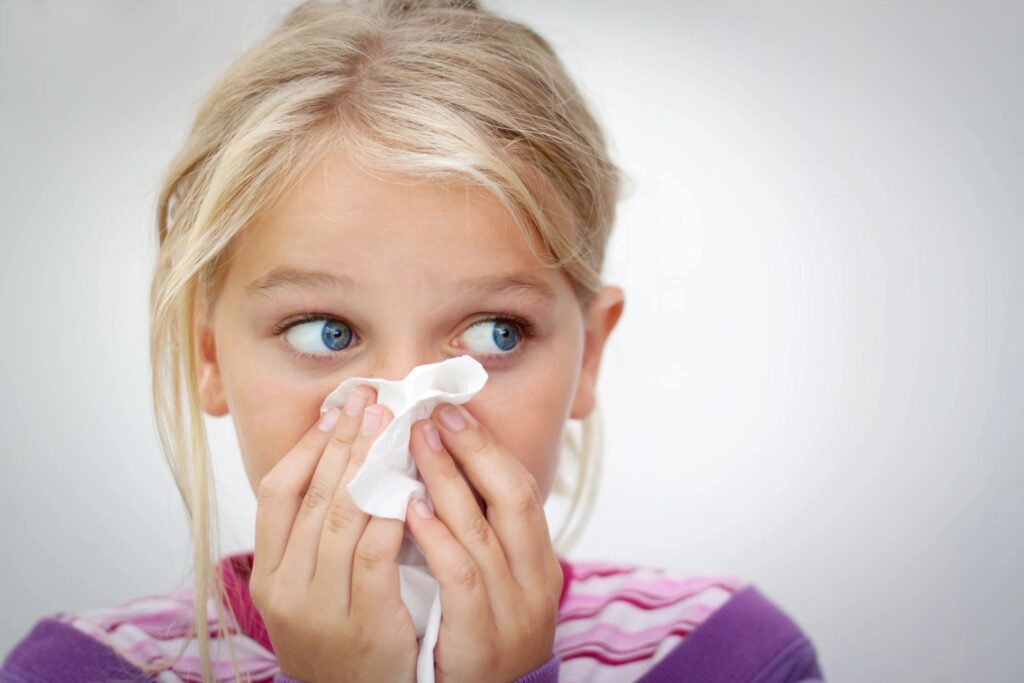
Spring is finally here—bringing longer days, blooming flowers, and outdoor adventures. But if your toddler’s sunny moods are suddenly clouded by sneezes and itchy eyes, you might be facing the less-welcome side of the season: seasonal allergies in toddlers.
Allergy season can be especially tricky with little ones who can’t always tell you what feels off. But with a few helpful routines, some extra cuddles, and a dash of patience, you can keep the sniffles from stealing the joy out of spring.
What Do Seasonal Allergies in Toddlers Look Like?
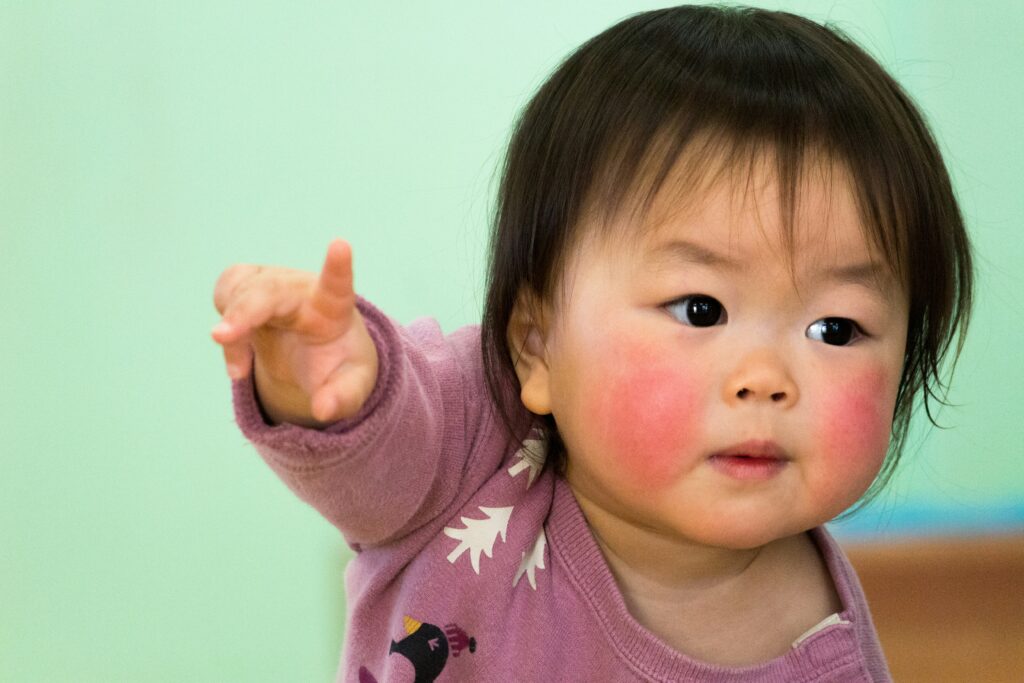
It can be tough to tell the difference between a cold and allergies—especially when toddlers seem to catch every bug in sight. But if your child’s symptoms reappear every spring or last more than a week or two, you may be dealing with seasonal allergies instead.
Common signs of seasonal allergies in toddlers:
- Runny or stuffy nose (usually clear)
- Red, itchy, or watery eyes
- Sneezing fits
- Dry cough (often worse at night)
- Rubbing eyes or face frequently
- Extra irritability or poor sleep
Unlike a cold, allergies don’t come with a fever—and they tend to stick around as long as pollen levels are high.
Why Are Seasonal Allergies in Toddlers So Tough to Manage?
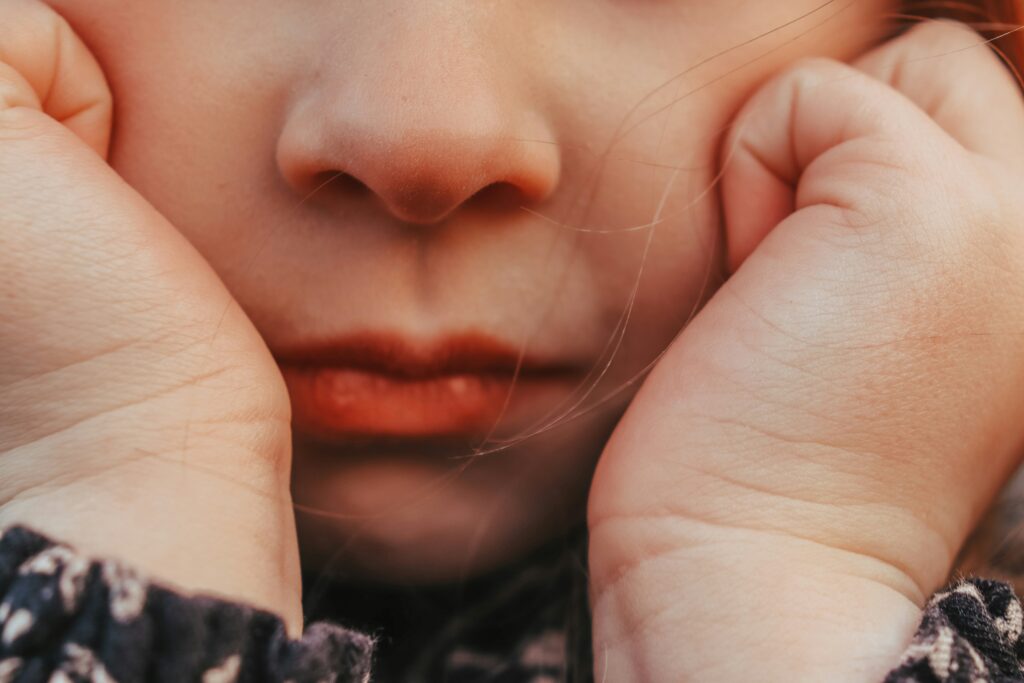
For starters, toddlers are still learning to express what they’re feeling. You might hear “my nose hurts” when they mean “it’s stuffy,” or they might just act clingy or tired without being able to explain why.
Plus, their little immune systems are still developing, so their reactions to allergens—like pollen, grass, and mold—can feel stronger and more disruptive.
How to Help Toddlers with Seasonal Allergies
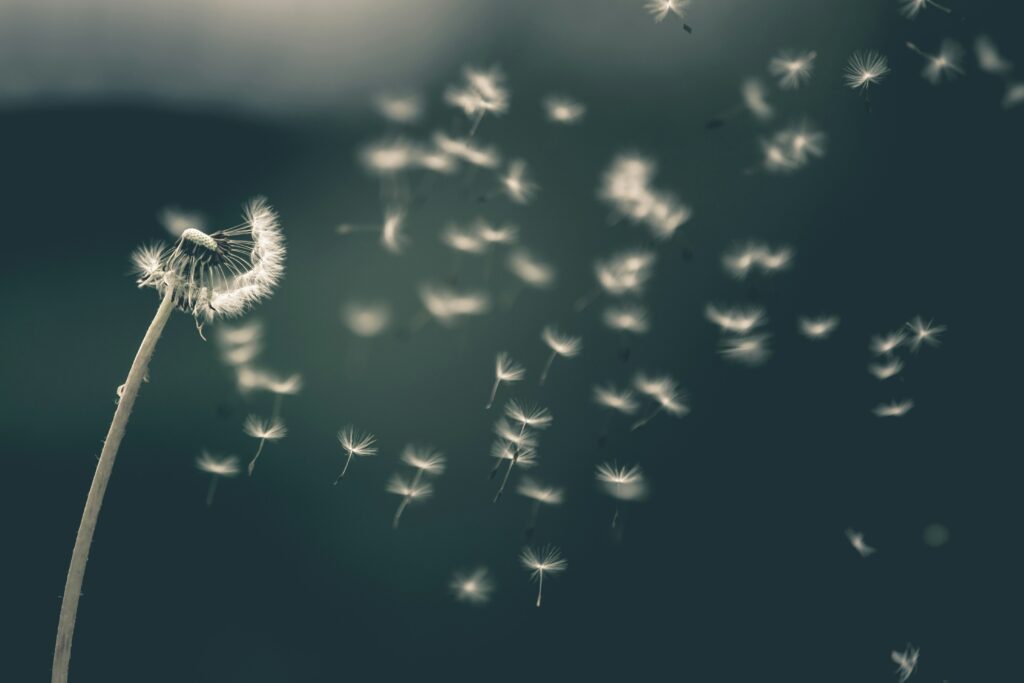
1. Track Pollen Counts
Use an app like Pollen.com or a weather service to check pollen levels in your area. On high-pollen days:
- Keep windows closed
- Limit outdoor time during peak hours (usually early morning and evening)
- Plan indoor activities or short outings later in the day
2. Post-Play Cleanup
After playing outside, make it a routine to:
- Wash hands and face
- Change clothes
- Rinse off in the bath if pollen levels are high
This simple ritual can make a huge difference for toddlers with seasonal allergies.
3. Talk to Your Pediatrician
If symptoms persist, ask your pediatrician about safe allergy medications for toddlers. There are several non-drowsy options available, as well as natural remedies like saline nasal sprays that help clear out allergens gently. Here are tips from the American Academy of Pediatrics for handling childhood seasonal allergies.
4. Create a Low-Allergen Home
- Use a HEPA air purifier
- Vacuum frequently, especially rugs and upholstery
- Wash bedding in hot water weekly
- Keep pets brushed and clean if they go outdoors
These small changes can help reduce your child’s overall allergen load and ease their symptoms.
Making It Easier (and More Fun) for Toddlers

Toddlers thrive on routine—and a little playfulness. Try these strategies to help them feel in control during allergy season:
- Call sunglasses and hats “pollen protectors” and let them pick their outfit
- Turn cleanup into a game (“Let’s wash the sneezy pollen off!”)
- Use simple language: “Some flowers make us sniffly, but we’re still strong and safe.”
A Season of Both Sniffles and Sunshine
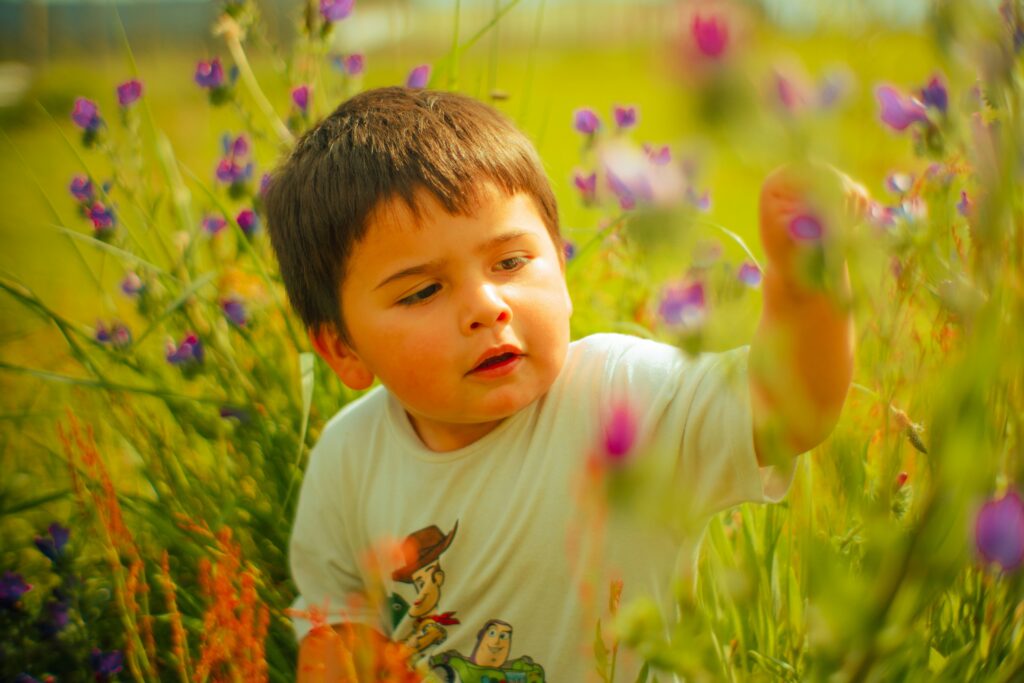
Dealing with seasonal allergies in toddlers can be draining—for you and your little one. But it’s also an opportunity to slow down, tune in, and build those comforting rituals that help them feel safe and seen.
So yes, the sniffles may come. But so does sunshine, puddle jumping, sidewalk chalk, and all the joys of springtime. With a little planning and a lot of love, you can help your toddler enjoy every bit of it.
Want more real-life parenting tips?
Follow us on Instagram @PoMCasts and listen to the latest episode of our podcast, where we’re talking about the ups and downs of parenting through every season.
